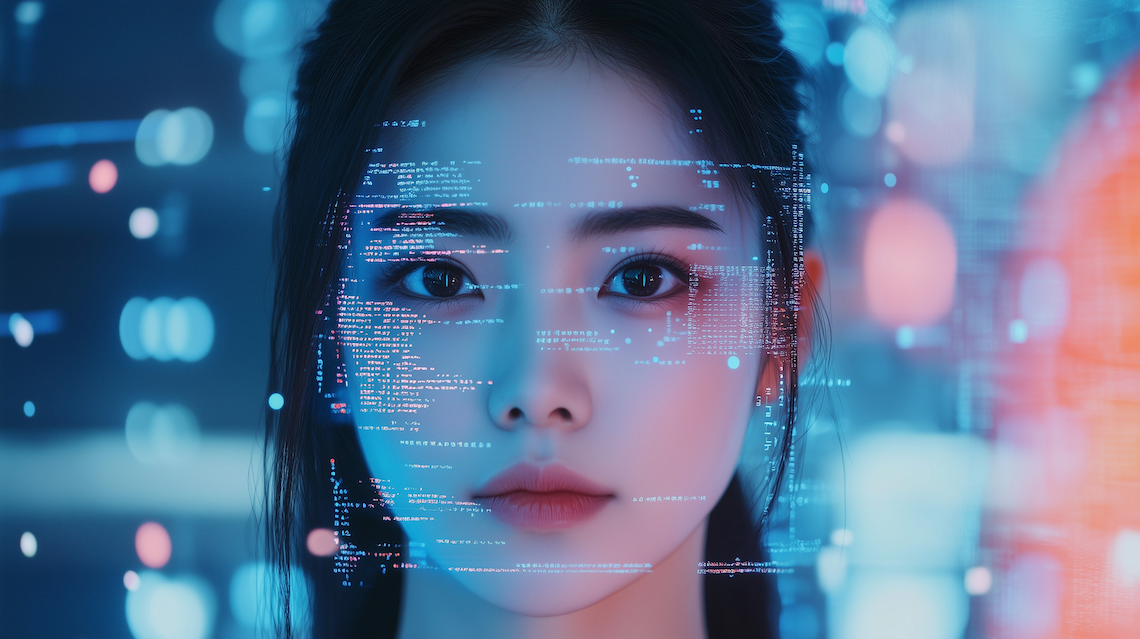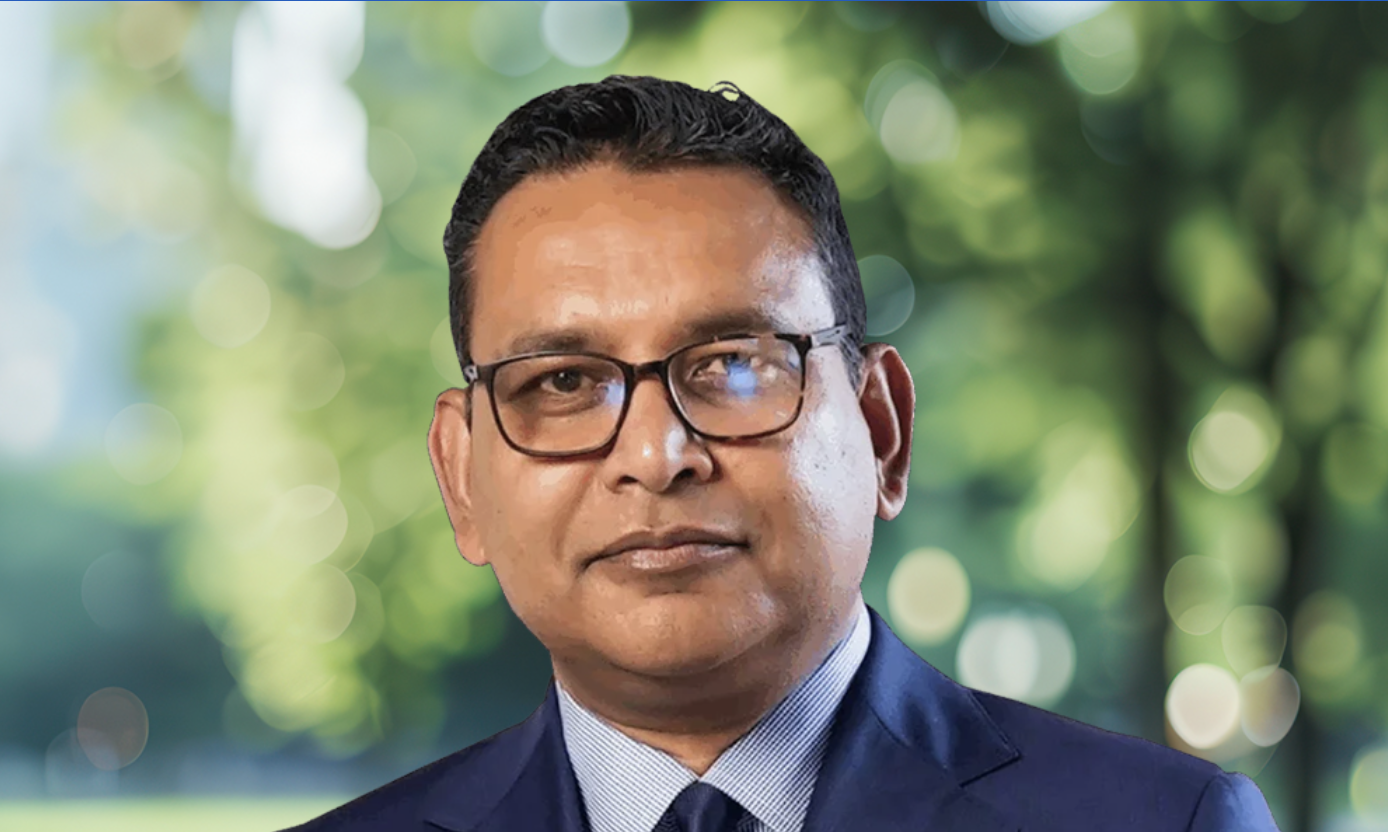AI doesn’t create expertise; it amplifies it. Mastery is earned through practice, persistence, and embracing the struggle.
KEY POINTS
- Every shortcut you take with AI is growth you never earn.
- Mastery isn’t a moment of genius; it’s built through deliberate, repeated practice.
- AI makes the skilled unstoppable—and the unskilled overconfident.
Build apps without coding experience! Create McKinsey-quality presentations in minutes! Write novels that sell! Trade stocks like a Wall Street veteran!
The promises are familiar to anyone who spends any time online. And really, there is just one promise underpinning all the others. This is the most seductive promise of the artificial intelligence revolution: that generative AI can turn novices into experts.
Sound too good to be true? Well, it probably is.
The truth is that AI doesn’t create expertise— it amplifies it. Give an expert access to effective generative AI tools and they become superhuman in their domain. Give a novice the same tools and they become … a dangerously confident novice.
For example, a novice might give ChatGPT the prompt: “Write an article about innovation.” In response, the AI will produce something fluent: a text with perfect grammar, logical flow, all the right buzzwords. But it’s empty calories. There will be no original insight, no authentic voice, no understanding of what the writer’s specific audience needs.
An experienced writer will take a different approach. For example, they might start by using AI to research opposing viewpoints they may have missed. They will prompt for structural alternatives to the outline they have prepared or will ask the model to find holes in their argument. They spot immediately when the AI makes mistakes or hallucinates, because they are already experts in their subject matter, and they know how to correct such errors quickly.
In the hands of the expert, AI becomes a tool to improve the quality of writing while also allowing the writer to produce high-quality work more rapidly. But in the hands of the novice, AI becomes a tool that helps generate mediocre slop very quickly and in almost boundless quantities.
To extract real value from AI, expertise isn’t optional—it’s essential. So the question becomes: What do we need to do to become experts?
The Boring Truth About Expertise
Here’s a fundamental and highly disappointing truth about expertise: it takes time and effort to develop. There is no magic prompt that will allow you to shortcut the process of becoming an expert. If you want expertise, you have to do the work.
In Buddhism, the term bhavana is often used to refer to the idea of cultivation of a particular mindset or state through sustained practice. It’s how meditation practices work; you don’t sit down for 30 minutes one day and then stand back up transformed. You sit every day, over and over again, always trying to bring your mind back to the object of attention, and, over a period of decades, that unglamorous daily practice cultivates certain qualities of mind and of being.
This is exactly how expertise works. You don’t become a great cook or artist or scientist or writer as the result of a single flash of epiphany. You gain the expertise by learning over time, by practicing, by failing and succeeding.
The Danger of AI
AI makes it tempting to skip over the cultivation and jump straight to the results. Why struggle through writing badly when AI can produce something clean immediately? Why fumble through analysis when AI can generate frameworks instantly?
These shortcuts are seductive, but pursuing them can be devastating for your real development. Every time you let AI write instead of wrestling with the words yourself, you miss the chance to develop your voice. Every time you copy-paste AI’s analysis instead of thinking through the problem, you forfeit the opportunity to build your own powers of judgment.
Now, this doesn’t mean that we shouldn’t use AI. But it does mean that we should use AI with discernment and intention. We should understand that using AI often means missing an opportunity to develop expertise, and we should wisely choose when it would be better for us to go through the struggle so that we learn. We should certainly never default to using AI thoughtlessly, as the result will be a thinning out of our capacity to think.
Building Expertise
We build expertise not through grand gestures but through mindful repetition.
- Choose one domain and go deep. The temptation with AI is to become a generalist in everything, writing code one day, designing graphics the next. Resist this. Pick the field in which you want true mastery, and stick to it. Without mastering a specific domain, you’re a tourist everywhere.
- Practice without AI regularly. You need sessions where it’s just you and the work. Write drafts in a blank document. Solve problems with pen and paper. Cook without checking recipes. This isn’t luddism; it’s building the fundamental skills that make AI useful rather than necessary.
- Work at your edge. Comfort is the enemy of expertise. Find problems slightly beyond your current ability, work with constraints that force new solutions. The struggle is where expertise is formed.
- Establish rituals. Expertise grows through consistency. Create practices and rituals: Write your morning pages before checking your email; do your code reviews before lunch; conduct analysis sessions every Friday afternoon. The regularity matters more than the duration. Fifteen minutes daily beats three hours sporadically across the week.
The Joy Is in the Struggle
AI promises to make things easy. But what if the struggle is the point?
Humans are designed for effort. We need challenge, we need something to push against, to work towards. Watch a child finally tie their shoes after fifty failed attempts. That triumphant “I did it!” isn’t about the tied shoe; it’s about the earned victory.
The quest for expertise is about more than satisfaction. It’s also about self-discovery and self-development. When we struggle, we learn who we really are. Each struggle is a mirror, revealing strengths and weaknesses, tearing down our image and showing us the truth. And in the struggle we grow.
In fact, it may even be the case that growth is impossible without struggle.
And there is a joy in this. There is a deep joy in committing to something, to putting the work in, to staying true and constant to our commitment, through the good times and the bad.
Why allow AI to steal this joy from us?
[Photo: Juliana Valkovskaya/Adobe Stock]
Original article @ Psychology Today.
















